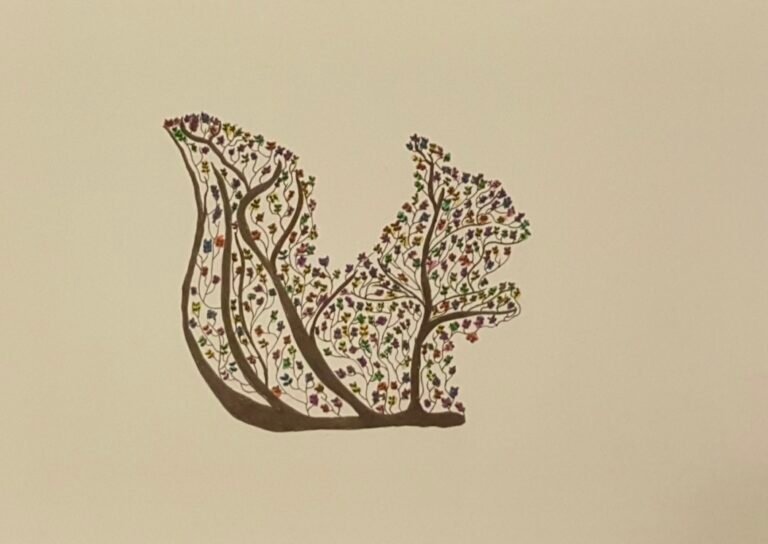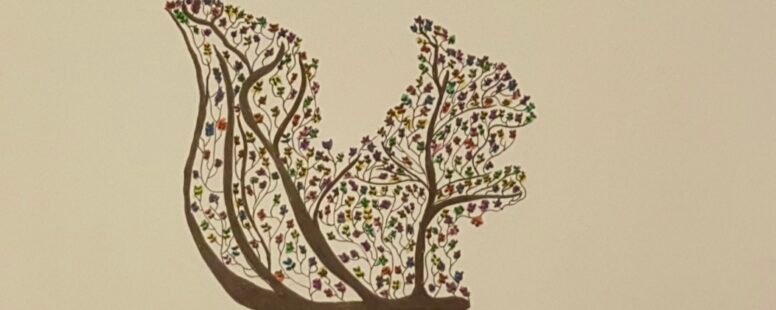/ August 2, 2025/ Blog, Personal Stories, Self Development
Coming Back Hurts More Than Leaving
There’s an uncomfortable truth travel blogs don’t talk about: coming back hurts more than leaving. What feels like a privilege for some… is an open wound for others.
After four years in London, Spain no longer smelled like home. What we call “reverse cultural shock” is really a kind of grief. The grief of realizing it’s not you who changed—it’s the way you now see the world.
Being able to say “I left because I wanted to” is a luxury. And yes, in my case, it was a choice. I know many people never have that option. But that doesn’t make it any less complex.
Migration Is Not a Trip (And This Is Not That Story)
When I talk about “not fitting in,” I speak from the privilege of:
A passport that lets me return.
A suitcase full of choices, not survival.
The safety of knowing my identity isn’t under threat.
The real eternal foreigners are those who migrate without a safety net: The ones whose accents betray them, the ones who are asked, “So… when are you going back?” As if their life here is temporary.
Still, even voluntary displacement leaves scars:
The paradox of privilege: I miss what I chose to leave, but I know going back would mean denying who I am now.
The guilt of the one who left: My friends talk about crises I didn’t live through, and I stay quiet about my nostalgia so I don’t sound self-important.
Rituals as lifelines: My Taiwanese tea with Spanish olive oil toast isn’t quirky. I don’t do it to stand out. It’s what keeps me afloat between two worlds.
Being a Foreigner in Your Own Country
I was born in Almería, raised in the Canary Islands, and I never fully belonged anywhere. On the islands, the deep local pride made me feel even more like an outsider. At home, there was no flamenco, no strong Madrid-rooted traditions either. I always felt out of place—even in my own country.
Over time, I realized this isn’t a lack. It’s just a different way of being in the world.
Being foreign abroad is easy to explain. Being foreign within your own culture, not so much. But that sense of not belonging taught me to look from the margins—to observe without expecting to fit in.
I learned how to stand between cultures, not to pick just one.
Citizen of the World
The eternal traveler’s syndrome has no cure.
But in that not-belonging, there’s an unexpected gift: The freedom to be many things at once. To carry Spain in my accent, London in my manners, Taiwan in my kitchen, and Cuba in the way I dance.
Being a “citizen of the world” isn’t a pretty slogan to me. It’s how I see and live reality.
It doesn’t mean being everywhere—it means learning to live between cultures without asking for permission. To build home in the symbolic: In a song, a shared word, a body that adapts and endures.
A Borderless Identity
My identity doesn’t fit under a single flag. I’ve grown roots in different soils—not to anchor myself, but to stay supported.
And maybe that’s why, in the end, I found my place right in the middle of that discomfort:
- Where not belonging is also a form of belonging.
- Where all my versions can exist together.
- Where difference doesn’t divide, but sustains.
Because not belonging is a place. And mine, though it may not appear on any map… exists.
And it grows and expands with me.

